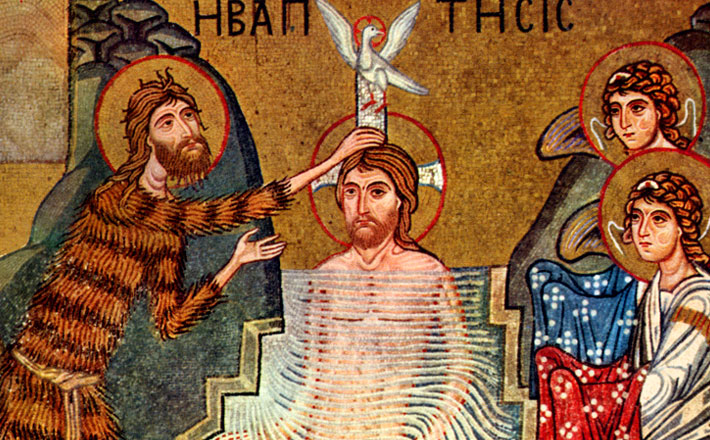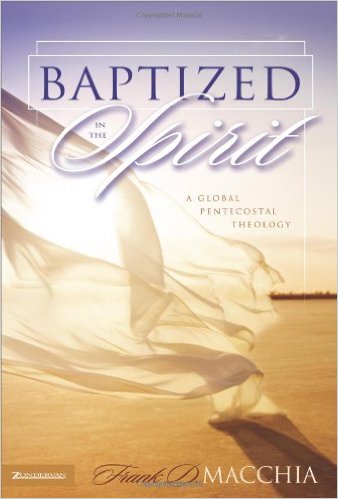These days, it seems, we wear our identities on the outside, writ large. We proclaim and display them, manipulate and manage them. It’s become very important to carve out a space for ourselves, to be the somebody we are in such a way that, for others, there’s no mistaking it.
Is this so very different from the way things have always been? Maybe, maybe not. Who we are, as well as our sense of who we are, have always been important. Especially when we’re young and ‘becoming,’ or, ‘discovering,’ who we are.
In the present cultural moment, these things have become more prominent, and curious. On the one hand, a person’s identity in modernity has become a project of the autonomous self, and the technological and cultural milieu encourage the development and display of one’s unique identity. On the other, we’ve seen in the last several decades, a resurgence of ‘group identity’ where belonging to – identifying with – one’s tribe has become increasingly foundational, and thereby a cornerstone in one’s personal uniqueness.
But this, too, is probably the way it has always been: identity as an interplay of the intersecting aspects of one’s life, personal attributes and experience, community, and so on. Perhaps one factor in the present moment is the degree of independence one has in choosing their tribe and identity. Again, this is a luxury not everyone has equally.
Does becoming a Christian complicate or simplify one’s identity? I suspect that this is not an easy question to answer. For some people it will be the former, for others the latter. For many, perhaps, first complication before things becoming simpler. But it could go the other way as well, with the nature of a person’s Christian experience resembling a lifelong wrestle.
Nevertheless, it does appear that Christian identity is ‘a thing’: that, ideally, some features of Christian identity are discernible across time and tradition. To speak like this is to speak normatively rather than with reference to the diversity of Christian experience. It is to suggest that there is, in fact, a Christian ideal to aspire to, in spite of the great and often legitimate diversity of Christian experience and expression that has existed and continues to exist.
More precisely, we can speak of Jesus Christ as he is set forth in the Scriptures of the Old and the New Testaments as the archetype and exemplar of Christian identity. He is the pattern, the standard, and the goal. A Christian is one called to follow Jesus, to be conformed to Christ. It is evident that this will involve a hermeneutical exercise—who is this Jesus to whom I am called to conform?—and therefore inevitable variety and diversity in Christian experience and identity formation.
Yet such variety will occur within a somewhat bounded field: while many forms of life and identity may find their place within the field—from ancient Christian asceticism to modern evangelical Christianity to forms of Christian mysticism—not everything will. The New Testament writers clearly saw some forms of life and identity as contrary to life in Christ. It is also the case that we cannot always discern where the boundaries lie, or to shift the metaphor, what distinguishes the wheat and the weeds. Careful theological reflection and pastoral discretion are required, along with humility and generous hospitality as the posture we adopt when considering these matters and engaging in dialogue.
These days, it seems, we wear our identities on the outside, writ large. Hopefully this is the case with Christian identity, that we might truly be the Christian we are in such a way that, for others, there’s no mistaking it.
I have reflected on some of these issues in a new article recently published at Religions entitled “The Role of Baptism in Christian Identity Formation.” The abstract for the article is:
The construction of one’s identity in late modernity is sometimes viewed as a project of the autonomous self in which one’s identity may shift or change over the course of one’s existence and development. For the Christian, however, one’s identity is both a divine gift, and a task of ecclesial formation, and for both the gift and the task, Christian baptism is fundamental. Baptism represents the death of the self and its rebirth in Christ, a decisive breach with the life that has gone before. Baptism establishes a new identity, a new affiliation, a new mode of living, and a new life orientation, direction, and purpose. This paper explores the role of baptism in the formation of Christian identity, finding that Christian identity is both extrinsic to the self and yet also an identity into which we are called and into which we may continually grow. The essay proceeds in three sections. It begins with a survey of recent philosophical reflection on the concept of identity, continues by reflecting on the nature of Christian baptism in dialogue with this reflection, and concludes by considering in practical terms how baptism functions in the process of conversion–initiation toward the formation of mature Christian identity.


 The new edition of the
The new edition of the 

